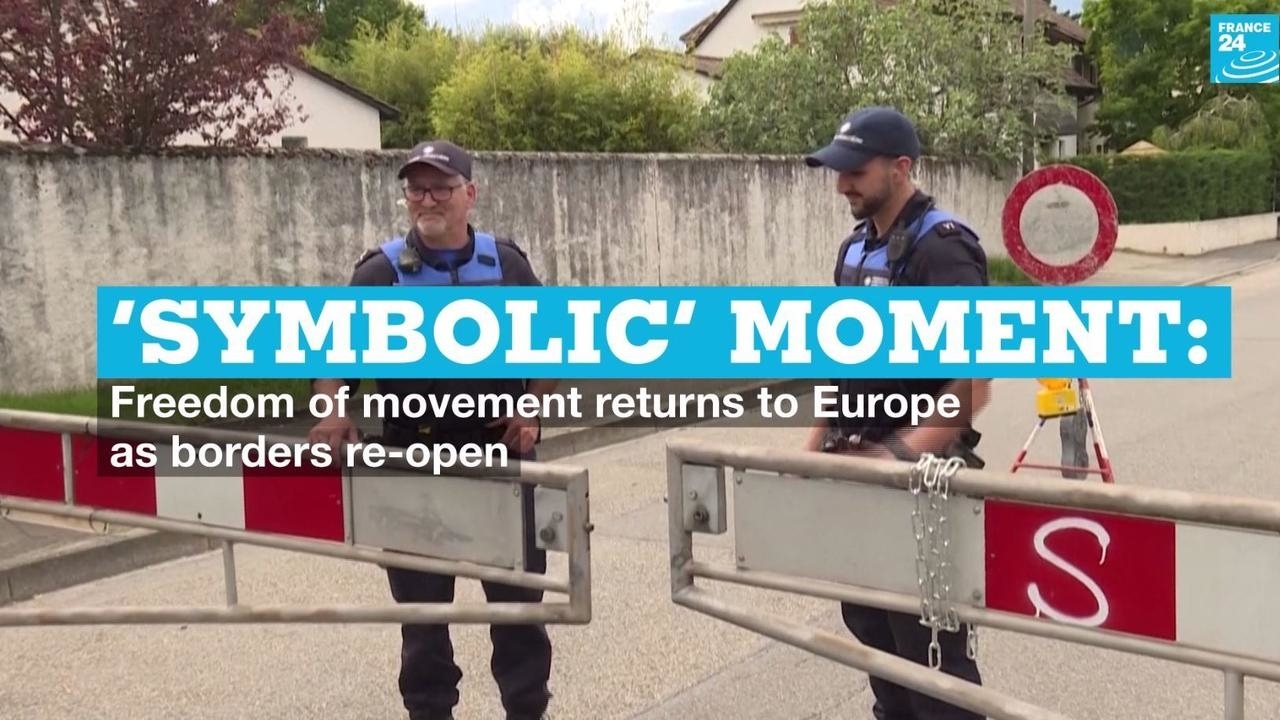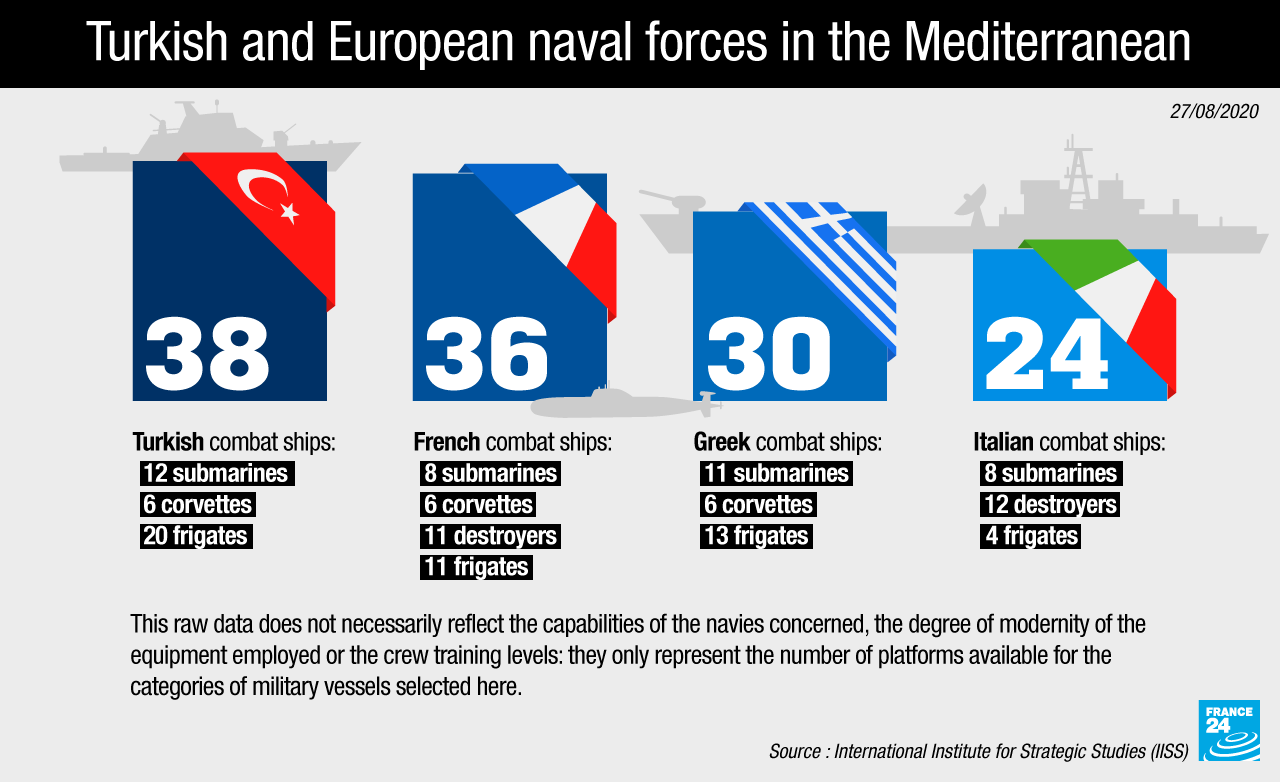Erdoğan offers to mediate between Ukraine and Russia

The Turkish president and wild card of Nato diplomacy, Recep Tayyip Erdoğan, will fly to Kyiv on Thursday to offer himself again in the role of mediator between Ukraine and the Russian president Vladimir Putin. He will be joining the flock of overseas leaders lending their support to Ukrainian president Volodymyr Zelenskiy and is expected to sign a free-trade deal.
With Turkey’s Nato membership often under challenge, partly due to its decision to buy the Russian-made S-400 air-defence system, Erdoğan faces a difficult balancing act in showing continued strong diplomatic support for Ukraine while not damaging his complex long-term relations with Moscow.
In a sign of the visit’s importance, Jake Sullivan, US national security adviser, and Ibrahim Kalin, chief adviser to the president of Turkey, spoke on Tuesday about their commitment to “deter further Russian aggression against Ukraine”, according to a White House statement.
The Erdoğan mediation proposal has not yet been picked up by Russia. The US is trying to minimise the number of interlocutors with Putin and the Russian leader seems to believe the best way to solve the Ukraine conflict is through direct bilateral talks with the White House, rather than via any third party.
Putin criticised Turkey last year when it sold its Bayraktar TB2 drones to the Ukrainian army. The highly effective weapons could be used against Russian soldiers supporting the rebel-held area of Donetsk in eastern Ukraine. The sale led to an official complaint from the Russian foreign minister, Sergei Lavrov, that Turkey was feeding militarist tendencies.
The drones have been credited with tipping the balance towards Azerbaijan in its war over the disputed Nagorno-Karabakh enclave with Armenia in late 2020.
In practice, Ukraine has used its drones rarely and the precise number sold to the country is unclear.
In a recent interview with Al-Monitor, Lt Col Yuri Ignati, spokesperson for the Ukrainian air force, lavished praise on the drones and said his country could not get enough of them. One of Erdoğan’s sons-in-law has a stake in the private sector firm that produces the drones.
Iliya Kuva from the Ukrainian Institute of the Future said: “The drones have a pretty huge psychological and political impact on Ukrainian public opinion since Turkey is seen as the country that provides weapons that are modern and good enough to maintain a military balance with Russian forces in the east.”
The offer of drones was part of a wider broadening of ties between the two countries including a long-negotiated free-trade deal.
On the other hand, Ukrainian politicians have been angered by TurkStream, a gas pipeline inaugurated in 2020. The pipeline takes gas from Russia to Turkey via the Black Sea in a manner that weakens Ukraine’s role as a transit country for Russian gas, in the same way that Nord Stream 2 will if Germany declares it has passed regulatory hurdles.
In a bid to reassure Moscow before Erdoğan’s visit, the Turkish defence minister, Hulusi Akar, stressed Ankara’s commitment to the 1936 Montreux Convention, the treaty that strictly restricts Nato forces’ access to the Black Sea through the Bosphorus.
The convention regulates maritime traffic through Turkey’s Bosphorus and Dardanelles straits – the link between the Mediterranean and Black seas.
Its status is not academic in the event of a conflict. During the confrontation in Georgia, Turkey refused to let US warships into the Black Sea as part of US moves to deter Russia.
However, Nato will be monitoring the visit to ensure that Erdoğan does not break ranks over the alliance’s absolute rejection of Putin’s demands for Nato to pull back its borders. Turkey’s turbulent relations with Moscow in Libya and Syria show two countries often in direct conflict but not eager to see relations break down, let alone spill into direct military action.
Turkey has been supportive of the Tatar community in Russian-occupied Crimea, but did not join sanctions against Russia in the wake of the 2014 invasion. Turkic Muslim Tatars were a majority until Stalin forced them out and millions resettled in Turkey. Russia has usurped Crimea and “things cannot go on with a mentality of occupation”, Erdoğan said on 17 January.
SOURCE: https://www.theguardian.com/world/2022/feb/03/turkish-president-erdogan-mediate-ukraine-russia

















